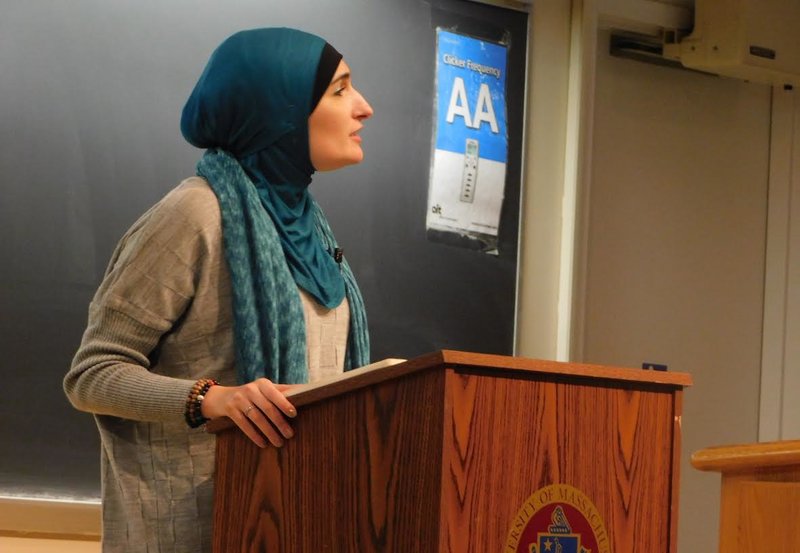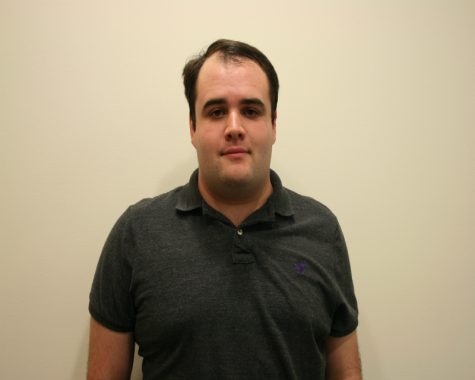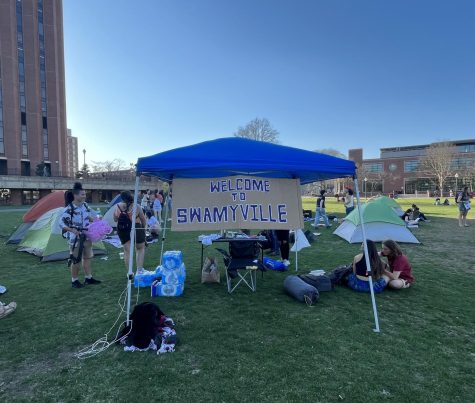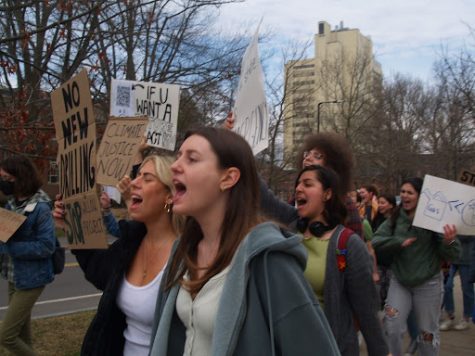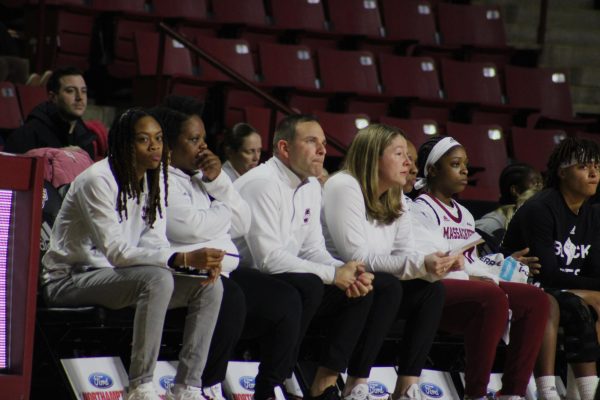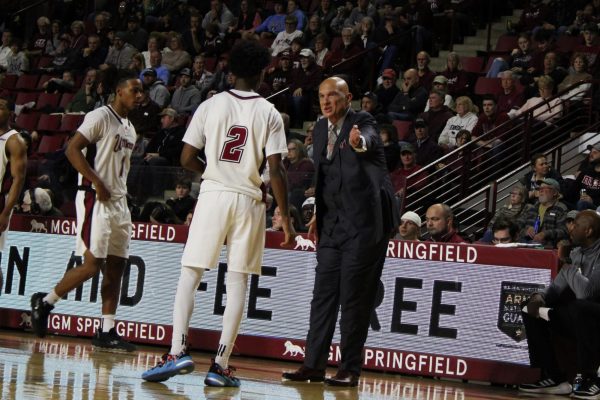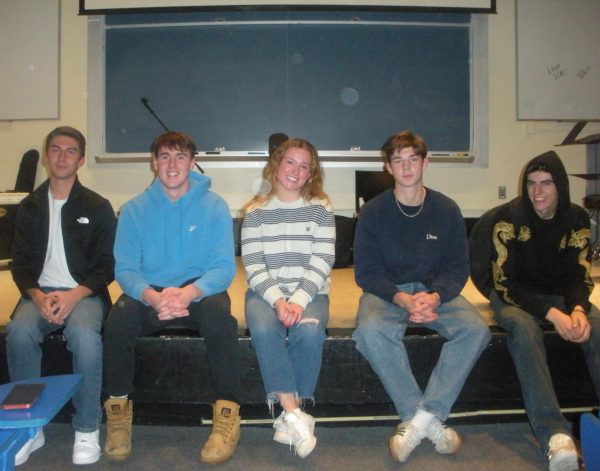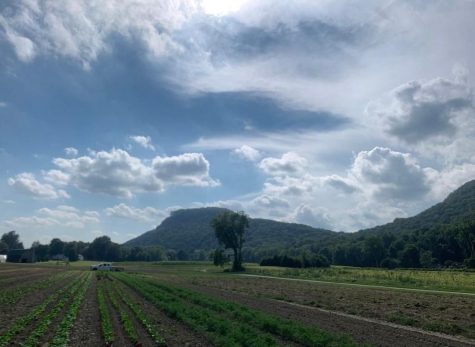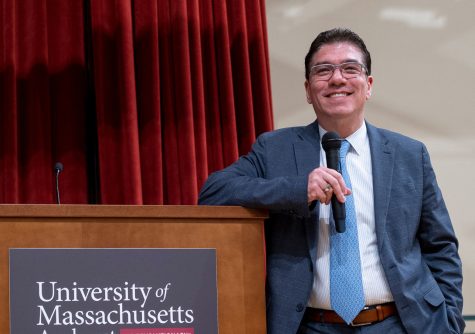Linda Sarsour talks intersectional organizing, resistance at UMass
Linda Sarsour speaks to an audience at UMass
AMHERST ― Women’s March co-chair and civil rights activist Linda Sarsour, gave a lecture at the University of Massachusetts on Friday about organizing successful and intersectional resistance movements in the modern political climate.
“I will always be unapologetically Muslim-American, unapologetically Palestinian-American, and an unapologetic woman that stands for the rights of all women in every corner of this world,” Sarsour told the crowd in Mahar Auditorium. She was met with a thunderous standing ovation.
“And I will not be intimidated and I will not be silenced,” she continued.
Sarsour said she considers her hometown, Brooklyn, New York, the reason why she has “no filter.” She attributes her rights to freedom of speech for giving her a platform.
“I choose to express and use my right to ensure that I’m standing up for liberty and freedom and justice for all people, even those who I do not agree with,” said Sarsour. “So that is to say that I’m about to keep it real with everybody.”
Sarsour became a co-chair for the Women’s March shortly after President Donald Trump was elected.
On election night, Sarsour served as a media commentator. At the time, she said she was struggling to analyze what was happening. When she arrived home, her three children expressed anxiety and uncertainty.
“For a moment, I felt a little despair,” Sarsour said. She then turned to social media and was intrigued by a Facebook page calling for a rally for women’s rights.
“I commented ‘I hope that you can include Muslim women, because Muslim women weren’t listed,’” said Sarsour.
It went viral.
“So I caution you from ever suggesting anything on Facebook, because then you end up being the national co-chair of the Women’s March on Washington,” she joked.
Along with her fellow co-chairs, most of whom had never met before, Sarsour spent seven weeks organizing the event. She worked to make sure women of color would be included in the march to add important dialogue regarding issues of racial justice.
“We have to be able to have these intersectional conversations and it is women of color who help to cultivate those types of discussions,” said Sarsour. “It’s not about us as a person, it’s about being able to look at the systems that oppress us all.”
It was this intersectional discussion and believing in the bigger cause that brought the Women’s March organizers together for what became the largest single-day protest in American history, Sarsour said.
“If we organize from that place, I tell you my sisters and brothers, then we’d be in a much better place than we are now,” said Sarsour.
Sarsour finds herself reminded of the importance of organizing whenever she thinks of events like the Holocaust, the internment of Japanese-Americans during World War II and discriminatory segregation.
She recalled a lecture she gave when, while talking about Japanese internment camps, a student rose to ask who would allow such a thing to happen to their neighbors and community members. The question, she said, “took [her] breath away and the breath away of every single human being that was in that room.”
“They were good people. They were well-meaning people,” said Sarsour. “They were just members of the silent majority.”
For her, it was the inaction of the masses that shows how important it is to remain active and encourage as many people as possible to protest injustice.
“We should be offended that people would think anything like this would happen in our generation,” said Sarsour. “I will not be a part of a generation where 70 years from now, some young person in a college classroom will stand up and ask ‘What were the people in 2016, 2017, 2018 doing?’”
Preventing “othering” groups of people, she says, is as simple as people introducing themselves and getting to know their neighbors.
“If people knew their neighbors,” she said, regarding Japanese-American internment, “I would guarantee you that people would’ve stepped out [in protest].”
It is also important to have mutual respect for others’ beliefs and practices, as long as they aren’t causing harm to others, Sarsour said.
Sarsour reminded those in the audience of the power their individual voices hold.
“Your presence matters,” she said. “Your voice, your feet, are required out on the streets.”
Even if someone can’t directly participate in protests, she said, there are other ways of showing support, such as offering to watch children or making consistent donations to causes.
Sarsour also believes the message of the resistance should be made as accessible and vocal as possible in terms of language and understanding.
After her lecture, she opened the floor to questions and received another standing ovation. She met with members of the crowd and took pictures outside of Mahar Auditorium.
Email Cameron at [email protected] or follow him on Twitter @CamMerritt_News

